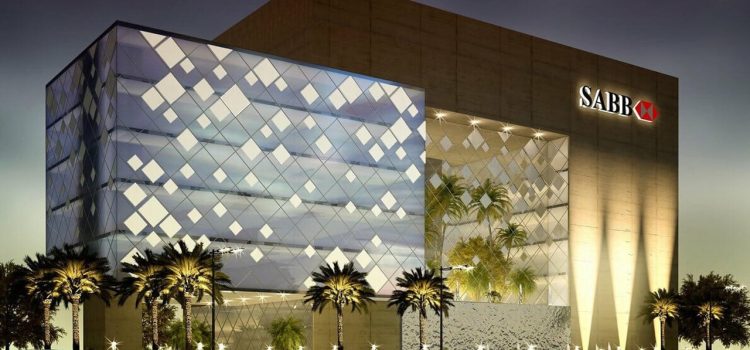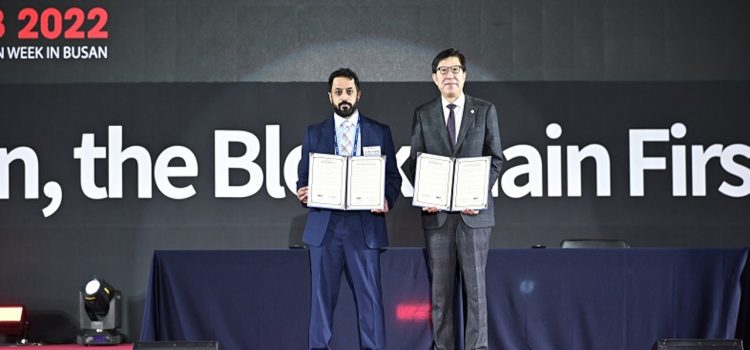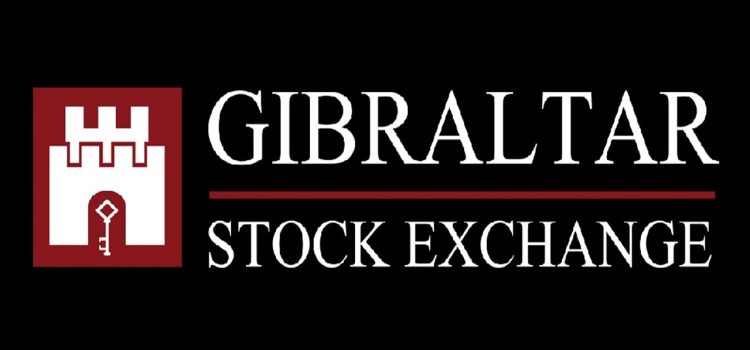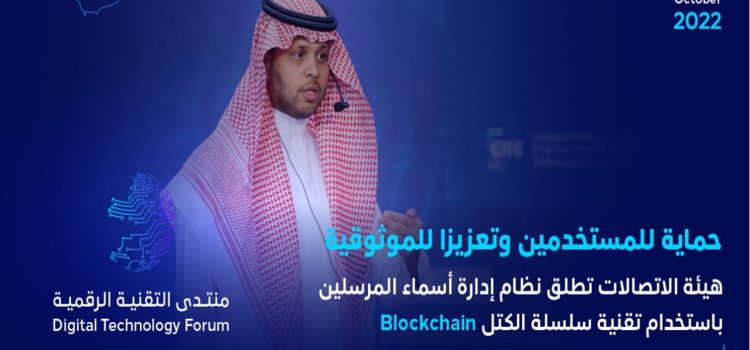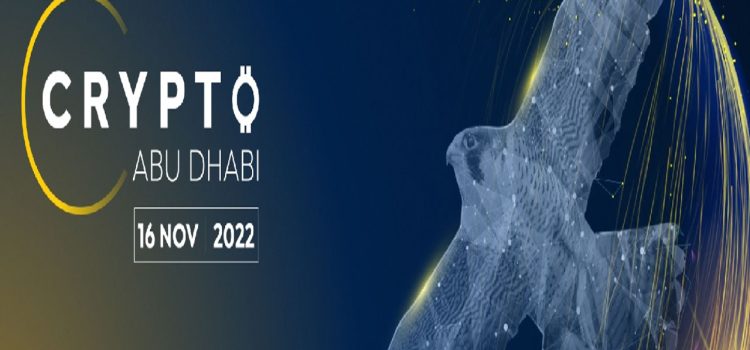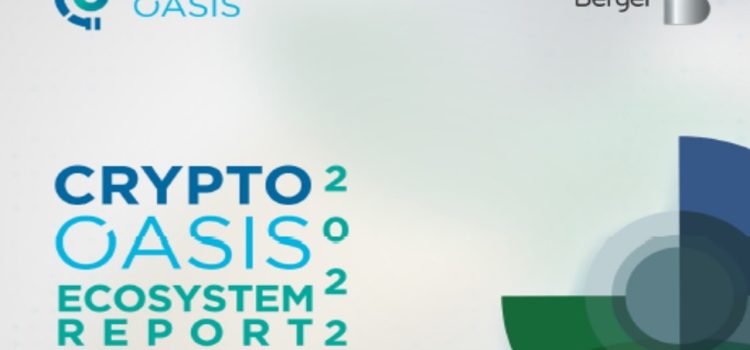
Siemens Energy in its belief that progress on clean energy solutions will provide golden opportunities and socio economic benefits has partnered with Abu Dhabi Investment Office to accelerate the journey to net zero with the Middle East Innovation center that will focus on Blockchain for energy applications among others.
Under the partnership, Siemens Energy will receive support to set up its Middle East Innovation Centre in Abu Dhabi, as part of ADIO’s AED 2 billion (USD 545 million) Innovation Program that creates growth opportunities for businesses in the emirate.
The center represents one of four Siemens Energy-established global Innovation Centers, with other locations in Orlando in the United States, Shenzhen in China, and Berlin in Germany. These hubs are designed to bring customers, industrial partners, and academia together, and act as incubators for new startups, and technologies.
The Siemens Energy Innovation Center will be located at the Khalifa University campus in Abu Dhabi, where Siemens Energy can share the right tools, skills, and broad experience to unleash the talent of young engineers.
The Innovation Center will strengthen specialized skillsets and create up to 75 high-skilled jobs in Abu Dhabi by 2025. Siemens Energy will also offer at least six internships annually to students from Abu Dhabi universities, of which 50 percent of the interns will be Emiratis.
As per the announcement, the focus is on co-creating decarbonization technologies in the areas of Power-to-X, Decarbonized Heat and Industrial Processes, Condition-based Service Interventions, Energy Storage & Fuel Cells, and Blockchain for Energy applications, among others.
Eng. Abdulla Abdul Aziz AlShamsi, Acting Director General of ADIO, said: “As the UAE makes strides toward our net zero goal, we are prioritizing the development of pioneering technologies to meet the demand for sustainable energy. The partnership between ADIO and Siemens Energy will enrich the energy technology ecosystem with the introduction of new ideas and solutions that open pathways for the global energy transition. ADIO will continue to partner with innovation-driven companies in high-impact sectors to help them reach the next stage of their growth.”
Dietmar Siersdorfer, Managing Director UAE and Middle East, Siemens Energy, said: “To accelerate decarbonization and reach net zero faster, we need to leverage partnership and innovation. As one of four globally, this Siemens Energy Innovation Centre in Abu Dhabi, in collaboration with ADIO, will enable us to leverage the rich industrial ecosystem in Abu Dhabi, and work with startups, academia as well as public and private companies to develop and commercialize new technologies that will make a meaningful impact on carbon reduction.”
The launch of the Innovation Centre not only aligns with the goals of 2022’s COP27 in Egypt but supports the vision for 2023’s COP28 in the UAE, which aims to increase global climate action, while maximizing the economic benefits both regionally and globally.
Siemens Energy is also working with UAE ADNOC on the same goals using blockchain technology.









